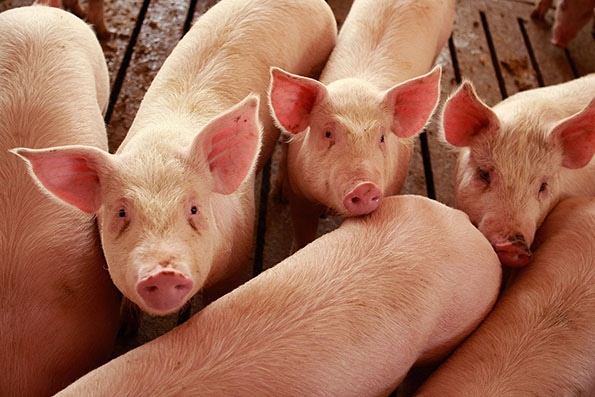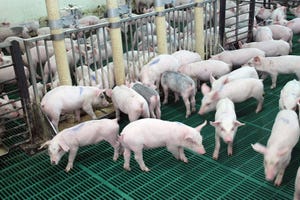Farmers only allowed to dock tails of pigs if they have documentation of tail biting and are working to reduce the problem.
February 15, 2023

The Danish Veterinary and Food Administration will visit 400 pig herds until July to check whether the farmers have done enough to avoid tail biting among their animals. Only if the farmer has written documentation that efforts are being made to overcome the problems with tail biting, it is permitted to dock the pigs' tails.
"We know that many factors have an effect on whether the pigs bite their tails. For example, straw or other rooting and occupation material can help limit stress in the pigs, thereby reducing the risk of tail biting and thus increasing animal welfare. Therefore, we check whether the farmer has carried out the statutory risk assessment of the conditions that can prevent tail biting and thus reduce the need for tail docking among the pigs," says Veterinary Director of the Danish Veterinary and Food Administration Charlotte Vilstrup.
If there is no tail biting in a herd, and the risk assessment also shows that the risk of tail biting is modest, the farmer must draw up an action plan that describes how he can gradually introduce pigs with whole tails into the herd.
The Danish Veterinary and Food Administration's control campaign started at the end of January and will end in July.
Routine tail docking of pigs is prohibited in the EU. In 2019, it became mandatory for farmers to document in writing the extent of tail biting in their herd and prepare a risk assessment and associated action plan that can contribute to reducing the incidence of tail biting. The rules must contribute to more pigs with whole tails.
You May Also Like



